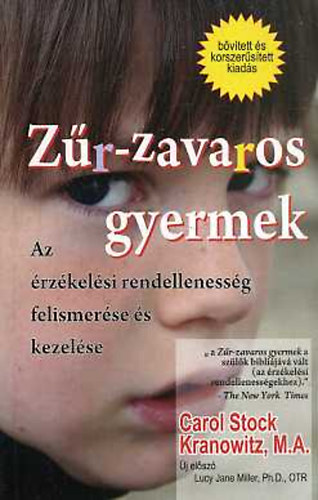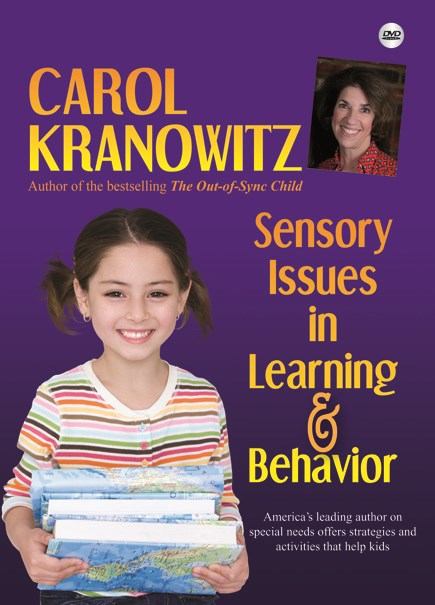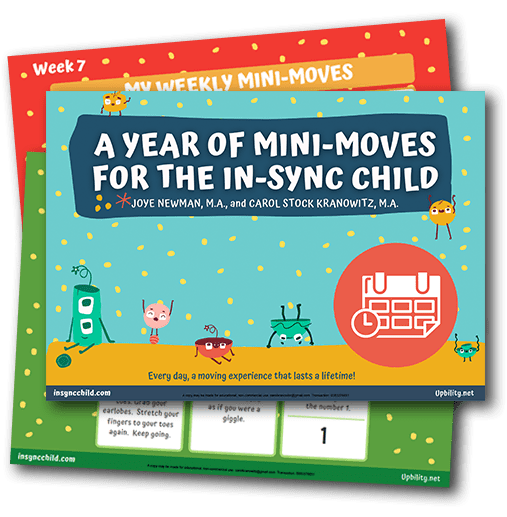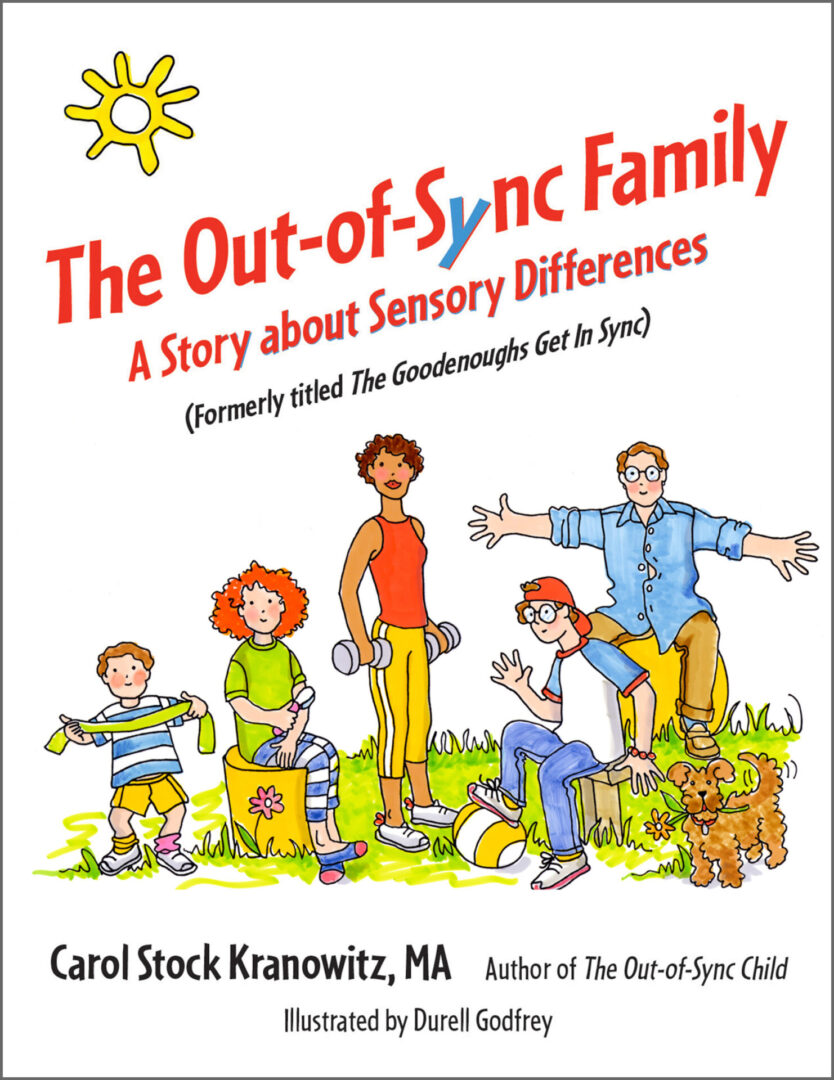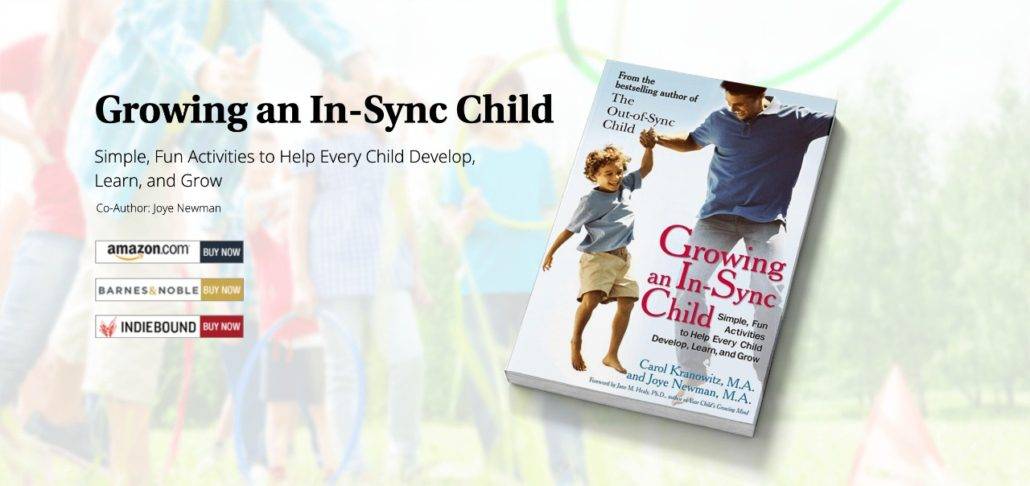Articles
(2017) Is SPD a Real Thing?
Published November 29, 2017, on www.Healthline.com The medical community is split over whether SPD should be an official diagnosis, but parents of children with the condition say it’s all too real.
Read More(2017) 27 Signs You Have Dyspraxia — by Jenny Hollander
(2016) Five Sensory Tune-Ups
(2012) A Sens-ational Summer — Here We Come!, by Jane Samuel
Published June 2 on MotheringintheMiddle.com, the blog for new midlife mothers and fathers
The arrival of summer and the unleashing of cooped-up young bodies always bring me back to my child-rearing-roots. Only a few days have passed since the carpool line, the packing of lunches, and the buzzing of early alarm clocks stopped and I am already thinking, “How can I keep them away from the TV and feed their bodies and minds?” With sensory smart activities of course! Read more
Read More(2012) Certain Senses Can Hit a Nerve, by Sheila Wayman
Published April 24, in The Irish Times Health plus
When Carol Stock Kranowitz was a teacher of music and movement at a nursery school in Washington DC, she used to be puzzled by the occasional child who would not take part in the fun activities all the other young children enjoyed.
There was the boy who turned away, covering his ears with his hands, when music was played; the girl who lay on the floor “too tired” even to strike two rhythm sticks together; the boy who buzzed around the room while all the other pre-schoolers sat down singing songs. Their behaviour disrupted the fun for others.
Read More(2013) New AAP Statement Calls Recess ‘Crucial’ to Child’s Development, by Mari-Jane Williams
(2012) The Sensory Gym, by Jenny Rough
Published in the January/February issue of Bethesda Magazine
Today, Carol travels around the country speaking about SPD. Back home, she spends time with her five grandchildren and four step-grandchildren, all of whom range in age from 3 to 11. None has SPD, but she has brought elements of her classroom into her basement via a sensory gym.
She made a crash pad by stuffing a duvet cover with pillows and got scraps from local upholsterers to fill a dress-up trunk with velvet and yards of beautiful Chinese silk. She has a therapy ball, marbles, a net swing, a platform swing and a collection of rhythm band instruments made from twigs, nuts, shells and gourds.
Read More(2010) Getting In Sync with Optometric Vision Therapy, by Leonard J. Press, OD, FCOVD, FAAO
Published August 8, on The Visionhelp Blog: Retrain the Visual Brain
Vision is acknowledged to be our most important sense for learning, so it would be logical to think that optometric vision therapy has a significant role to play in the field. We know that to be the case from research and clinical practice, but what do other knowledgeable and informed professionals have to say? One of the best-selling books about children’s development and learning in recent years has been Carol Kranowitz’s The Out of Sync Child. Since the book was published, we suggested to parents that they take a close look at it. It paints a very positive and well-balanced look at Optometry and Vision Therapy from the view of an authority in education and human development.
Now there is another source for parents to consult that takes the Out-of-Sync Child concept to a new level. Browsing the shelves of the Special Needs section at Barnes & Noble, I came across Growing an In-Sync Child …
Read More(2010) Get Your Child Moving and Grooving, by Erin Tales
Published May 28, on TheMomBuzz.com
I am not big on self-help books. There are books for EVERYTHING when it comes to raising your child – from dealing with the birth, to potty training to dealing with tempers and bad attitudes. So, when Growing an In-Sync Child arrived at my door I honestly stared at it, thinking it was like many of the other parenting books that I’ve seen … which honestly usually read like a college text book.
But as I started reading, I was surprised as I nodded my head in agreement with the authors, Carol Kranowitz and Joye Newman. They wrote in a conversational style and were easy to follow as they explained the importance of being In-Sync.
Read More